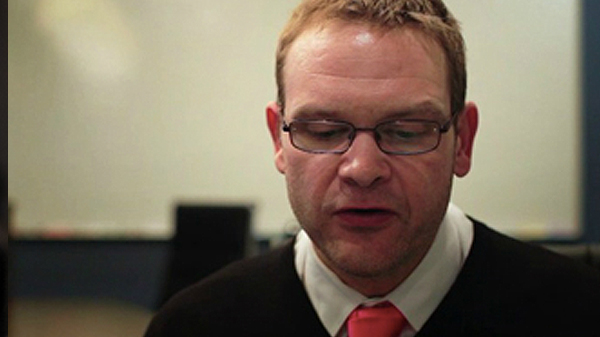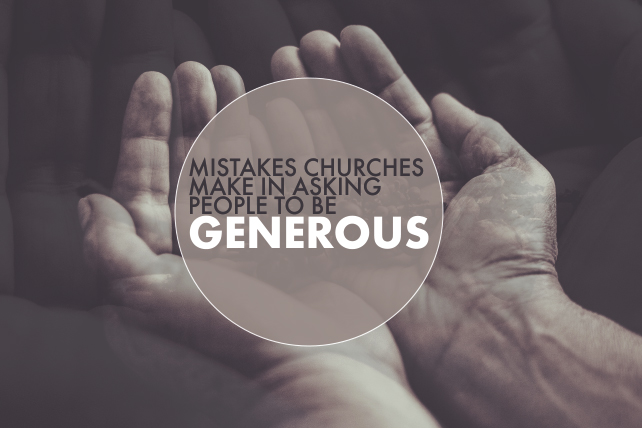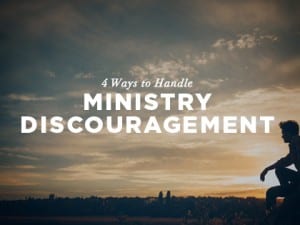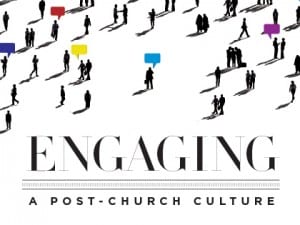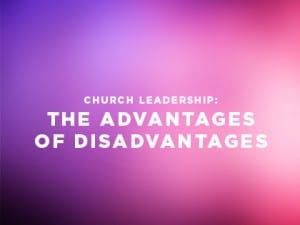In 1967, experts on time management delivered a report
to the U.S. Senate. These experts believed the speed of technology,
satellites and robotics would present a big problem for the American
workplace in the years to come.
The problem? People would have too much free time.
Here’s a quote from the report. “By 1985, people might
have to choose between working 22 hours a week, 27 weeks a year or
retiring at 38.”
The “experts” nailed that one.
Increased speeds in technology have, in fact, decreased
free time. The “experts” didn’t anticipate us filling in the
productivity gaps with…more productivity. But we did.
And today, we’re addicted to speed. This addiction is so prevalent, it’s been given a name…hurry sickness.
Hurry sickness is defined as “a continuous struggle
to accomplish more things and participate in more events in less time,
frequently in the face of opposition, real or imagined, from other
people.“
If you’ve ever laid on the horn because the person in
front of you didn’t turn fast enough or changed aisles at the grocery
store because another aisle had fewer people, you might suffer with
hurry sickness.
Let’s be honest, our pace is unhealthy. We accomplish more in less time, but at what cost?
Look at the life of Jesus. Do you find it strange that he
never rushed? He didn’t cater to the world’s demands. Even though he had
an enormous mission to complete in a short period of time, he was never
overwhelmed or anxious.
Jesus had the weight of the world on his shoulders, literally, but he didn’t allow it to crush him.
Could it be that faster doesn’t equal better? Is it possible that the fast life doesn’t lead to the good life? I think so. Hurriedness isn’t from God. As psychiatrist Carl Jung said, “Hurry is not OF the devil. Hurry IS the devil.”
Before we get started, I don’t want you to think I’m
waging war against productivity or speed. Usain Bolt might be my
favorite athlete ever. I can’t imagine a world without planes and
computers. I’m waging war against hurriedness, the idolatrous result of
bowing down to speed and productivity.
Here are five things a hurried life costs us.
1. A hurried life prevents us from knowing God.
Last night, I read a book to my boys called Where Is God? The words hit me hard, so much so that I read them again after the boys went to sleep. Listen to this.
“Where is God…God is in the beginning…in the tiny hands of
a baby…Where is God?…God is in the end…in the last bite of birthday
cake…Where is God? God is in the world…God is everywhere…wherever we
look.”
A hurried world has no time for looking, no space to
notice God. Life is about the next thing, the next event, the next item
on our to-do list.
As long as we move at this speed, we shouldn’t wonder why our relationship with God suffers.
God is wherever we look, but are we looking for Him?
2. A hurried life decreases compassion and empathy.
Compassion and empathy are similar, but different.
Compassion sees the suffering or pain of another person and has a desire
to help. Empathy sees the emotions of another person and feels the same
thing.
Compassion and empathy
disappear in hurried cultures.
Rather than helping our neighbor or listening to our hurting friend or
co-worker, we resort to “pick up your boot straps” and “get over it”
attitudes, the very opposite of Jesus.
Jesus always made space for compassion, regardless of the
demands around him. He welcomed children, fed thousands of hungry
people, and was continually side-tracked to heal the sick and talk with
outcasts.
How frustrating would Jesus have been for an event planner?
What do you feel when you see someone hurting? What’s your
response to someone with a different perspective? What about the
outcasts and marginalized? Are you more inclined to stop and listen or
judge them for not trying hard enough, making bad choices, etc.?
3. A hurried life increases anxiety, depression and addiction.
Through my American lens, it seems like Jesus wasted most
of his life. He was baptized at the age of 30, and immediately after
went into the wilderness for 40 days?
Jesus could have performed miracles long before 30, and
his following might have been larger. Who knows, more people might know
Jesus today if he started his ministry earlier.
That’s a no-brainer, God. Maybe you need an expert on time-management to help you steward the life of Jesus?
What’s that, God?…Yeah, you made the stars…Yeah, you were
here long before me…You’re right, having someone you created consult you
sounds silly.
The 30 years Jesus spent in obscurity weren’t wasted
years. God was developing important virtues in Jesus…patience and
self-control.
Temptation is, in essence, a decrease in the time between
impulse and action. It should come as no surprise that anxiety,
depression and addiction plague a hurried culture. “Even instant
gratification takes too long,” as actress Carrie Fisher once said.
Tell us to wait or wrestle with tension and pain rather than medicate it, and you might as well told us to backhand slap a baby.
Could it be the 30 years prior to Jesus’ ministry and the
40 days in the wilderness created a gap between impulse and action so
wide he was never mentally or spiritually capable of sin? Not to say
Jesus wasn’t physical susceptible to attack, but when Satan approached
him, he was seasoned with years of patience and self-control, preventing
his mind and heart from acting on the physical impulses.
If so, maybe it’s time we stopped looking at obscurity and wilderness, tension and pain as negatives.
4. A hurried life destroys meaningful relationships.
Much of what makes life meaningful—friendships, family and community—need the very thing hurried people don’t have: time.
Busyness strangles meaningful, life-giving friendships.
Hurried people simply don’t have the space to maintain friendships or
invest in building new ones.
I’ve seen this in my life. Between work, kids and family,
I’ll go weeks, months even, without calling my best friends…and not even
realize it.
Marriage is also greatly affected by hurriedness. “Love is
patient,” the first component listed in 1 Corinthians 13. Love isn’t
rushed. It doesn’t come to fruition over night. Great marriages, the
ones I see looking at my grandparents, the ones filled with peace and
joy and hope, they take years. But, let’s be honest, we don’t have
years. And I wonder how many divorces and broken homes are the product
of impatience?
Then there’s kids. Kids might suffer more than anyone from
our lust-filled affair with busyness and hurry. As a father of two, I
feel it’s my duty to protect
my boys from boredom.
But, today, as they put socks on their hands, running frantically
through the house trying to catch a flying monster, I wondered if I
needed a 3- and 4-year-old to protect me.
Carefree timelessness is the oxygen that keeps meaningful relationship alive, and the birthplace of wonder, joy and creativity.
5. A hurried life leads to a superficial, meaningless existence.
When things happen too fast, nobody can be certain about anything, about anything at all, not even about himself. Milan Kundera
“Purpose” is a trendy word in today’s culture, and
rightfully so, we were created for something larger than ourselves. But
in a hurried world, a purposeful life is more elusive than the Loch Ness
Monster.
Here’s why.
Your purpose
is unique to you. It’s an outpouring of your passion and gifts.
Uncovering these requires introspection, looking inside yourself. It
requires stillness and time with God.
Busy people have no time for introspection and stillness,
and the result is a world of copy-cats and posers. A hurried world would
rather imitate someone than become the unique men and women God created
us to be.
We can be sure we’re moving at an unhealthy speed when
we’re more concerned with what we’re doing than who we’re becoming, more
concerned with external validation than integrity.
And we can be sure a meaningless, self-seeking existence awaits us unless we learns to slow down.
______________
Your life’s pace matters. And I don’t believe the costs of
a hurried life are worth the rewards. The fast isn’t necessarily the
good life. A more productive life isn’t necessarily a more meaningful
one.
I love you all. To God be the glory forever. Amen!



